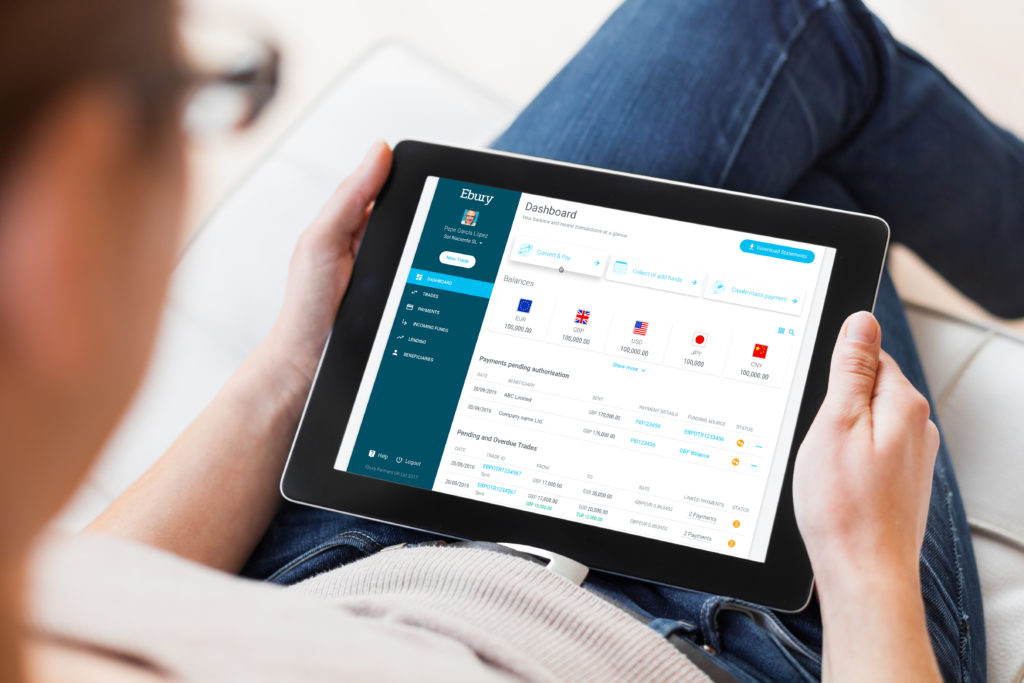São Paulo – Fintech Ebury specializes in international payments, invoices and foreign exchange management for companies, and it started operating with a team in Brazil five months ago. The company stands as an alternative to banks for this kind of operation. “Ebury is regulated in different ways in different countries. In Brazil, we are foreign exchange correspondents,” Renato Sá of the brand’s Partnerships sector in Brazil said.
The European fintech was founded by two Spaniards based in the UK. “From their need [to make international payments], they realized there was an opportunity to provide quality service and expertise to small- and medium-sized enterprises,” explained Claudia Bortoletto, country manager for Brazil.

Ebury has also launched its services in Asia and the Middle East, including Dubai, United Arab Emirates. “It was easy to expand into countries with a similar law to UK’s. And in the end of 2019, the investment of Santander Group in Ebury was completed. This led the company to begin its Latin America project, starting with Brazil,” the manager said.
The platform allows exporters to control operations directly, but Bortoletto reminds they can be supported by the Brazilian team. “We are starting to offer international accounts for Brazilian exporters. We have a very high-end platform where clients can contract operations; it already operates in all countries and is being adapted for Brazil. Due to the nuances of Brazilian market, it is not just an international payment; it is a foreign exchange operation, so documentation is required, and the platform is adapting to these changes. But for exporters, we can already offer this international account,” she pointed out.
Besides dollar, euro and pounds, the company’s international account also provides for payments in the currencies of 16 Arab countries, namely UAE, Bahrain, Djibouti, Egypt, Jordan, Comoro Islands, Kuwait, Lebanon, Libya, Morocco, Mauritania, Oman, Qatar, Saudi Arabia, Tunisia, and Yemen. As for receiving invoices, the company also operates in the currencies of the UAE, Bahrain, Jordan, Kuwait, Oman, Qatar, and Saudi Arabia.
The account is a valuable tool for e-commerces to pay in their own country’s currency. Bortoletto adds it’s convenient for exporters who have many distributors and local obligations in the same region and can make transactions directly in local currency.

The company’s services allow the user to receive payments from clients abroad and be guided on customized FX risk management strategies support and fund transfers between subsidiary companies. Ebury carries out spot exchange transactions, hedge products (protection against exchange fluctuation), credit for foreign trade (“trade finance”), multicurrency accounts, international bulk payments, and APIs to provide foreign exchange solutions.
For exporters, foreign exchange protection products, or hedges, range from non-deliverable forward (NDF) to future exchange and window forward. “Some products offer greater flexibility regarding the duration and volume to be used, as in the case of NDF and window forward, while others, such as future exchange, are more suitable when there is a predictability for the amount and duration of financial commitments in foreign currency,” said Renato Sá.
Translated by Elúsio Brasileiro




